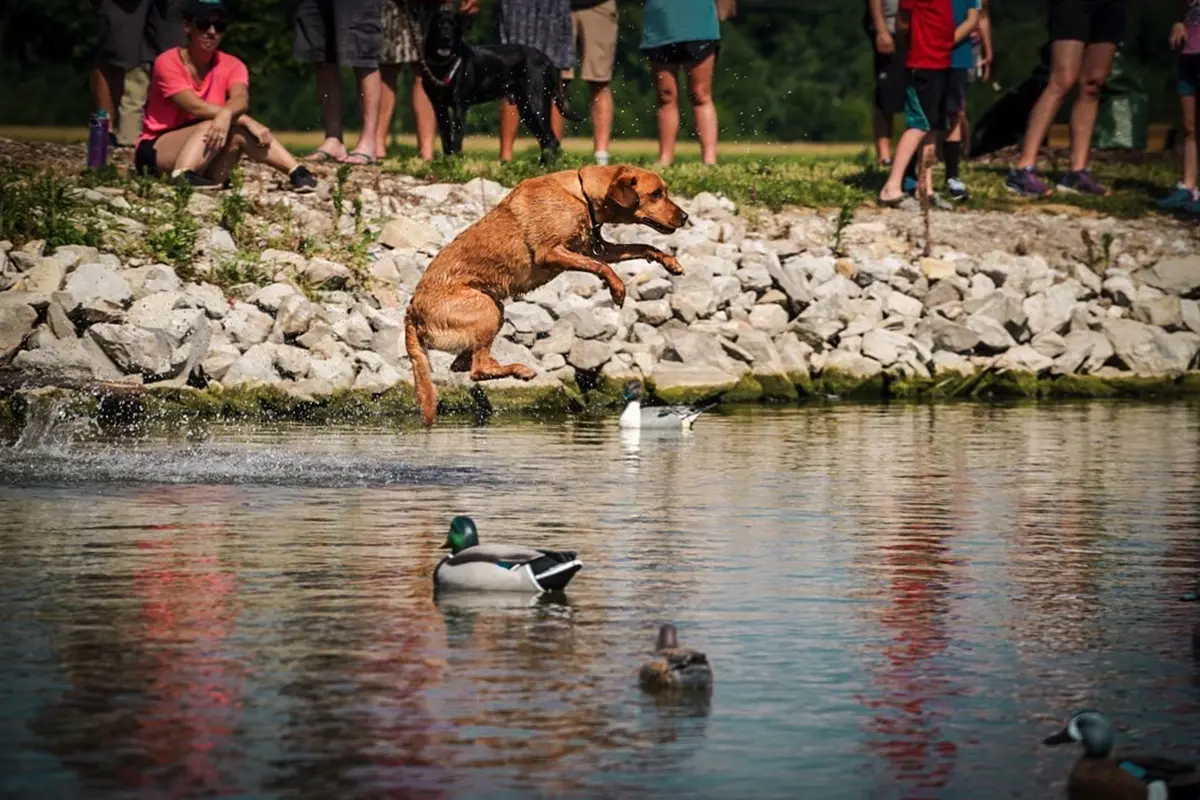:max_bytes(150000):strip_icc()/replacing-a-water-heater-1824920-10-d50a4d3ce20b46c0996904b1f11f74c3.jpg)
Imagine stepping into a steaming shower after a long day, only to be met with a trickle of cold water. Or worse, discovering a puddle forming around your water heater. These scenarios highlight the importance of a properly functioning water heater – a crucial component for everyday comfort in our homes. But what happens when your hot water system needs attention? This article delves into the world of water heater installation and leak repair, empowering you to navigate these plumbing situations.
Understanding Your Water Heater:
Water heaters come in two main varieties: storage tank and tankless. Storage tank heaters, the most common type, consist of a tank that holds a reserve of heated water. They typically use gas or electricity to heat the water and maintain a specific temperature. Tankless water heaters, on the other hand, heat water on demand, eliminating the need for a storage tank and offering increased efficiency.
Signs You Need Water Heater Installation:
- Age: Most water heaters have a lifespan of 8-12 years. If yours is nearing or exceeding this age, consider a replacement to avoid potential leaks and malfunctions.
- Reduced Hot Water Capacity: Are you noticing a decrease in the amount of hot water available? This could indicate sediment buildup in the tank or a failing heating element, necessitating a new water heater.
- Leaking: Leaks around the base of the unit or rusty water are telltale signs of a failing water heater. Ignoring leaks can lead to extensive water damage in your home.
- Unusual Noises: Loud popping or knocking sounds coming from the water heater can indicate internal problems or sediment buildup.
The Water Heater Installation Process:
Installing a new water heater is a complex task best left to a licensed plumber. Here’s a simplified overview of the process:
- Selecting the Right Water Heater: A plumber will assess your hot water needs and recommend the appropriate size and type of water heater for your home.
- Shutting Off Utilities: The plumber will safely turn off the gas or electricity supply to the existing water heater.
- Draining the Tank: The old water heater will be drained to remove any remaining water.
- Disconnecting and Removing: The plumber will disconnect the water lines, gas line (if applicable), and electrical wiring from the old unit and remove it from its location.
- Installing the New Unit: The new water heater will be positioned in place, ensuring proper venting and connections to the water lines, gas line (if applicable), and electrical wiring.
- Safety Checks and Testing: The plumber will meticulously check all connections for leaks and ensure the water heater functions safely and efficiently.
Conquering Water Heater Leaks:
Leaks in a water heater can be a source of frustration and potential water damage. Here’s what to do:
- Turn Off the Water Supply: Locate the shut-off valve for the water heater and turn it off to prevent further water flow.
- Turn Off the Power or Gas Supply: Depending on your water heater type, turn off the electrical breaker or gas valve to eliminate any safety hazards.
- Contain the Leak: If possible, place towels or buckets under the leak to contain the water and prevent further damage.
- Call a Licensed Plumber: Do not attempt to fix a major leak yourself. A qualified plumber can identify the source of the leak and determine the best course of action, whether it’s repair or replacement.
Prevention is Key:
Regular maintenance can extend the lifespan of your water heater and minimize the risk of leaks. Here are some preventative measures:
- Annual Flush: Schedule an annual flush to remove sediment buildup from the tank, improving efficiency and longevity.
- Temperature Control: Maintain a water temperature setting of around 120°F (49°C) to prevent excessive scaling and pressure buildup.
- Leak Checkups: Periodically inspect your water heater and surrounding area for signs of leaks.
By understanding water heater installation and leak repair, you’re equipped to address hot water woes proactively. Remember, consulting a licensed plumber ensures safe and efficient solutions, keeping your showers hot and your peace of mind intact.


